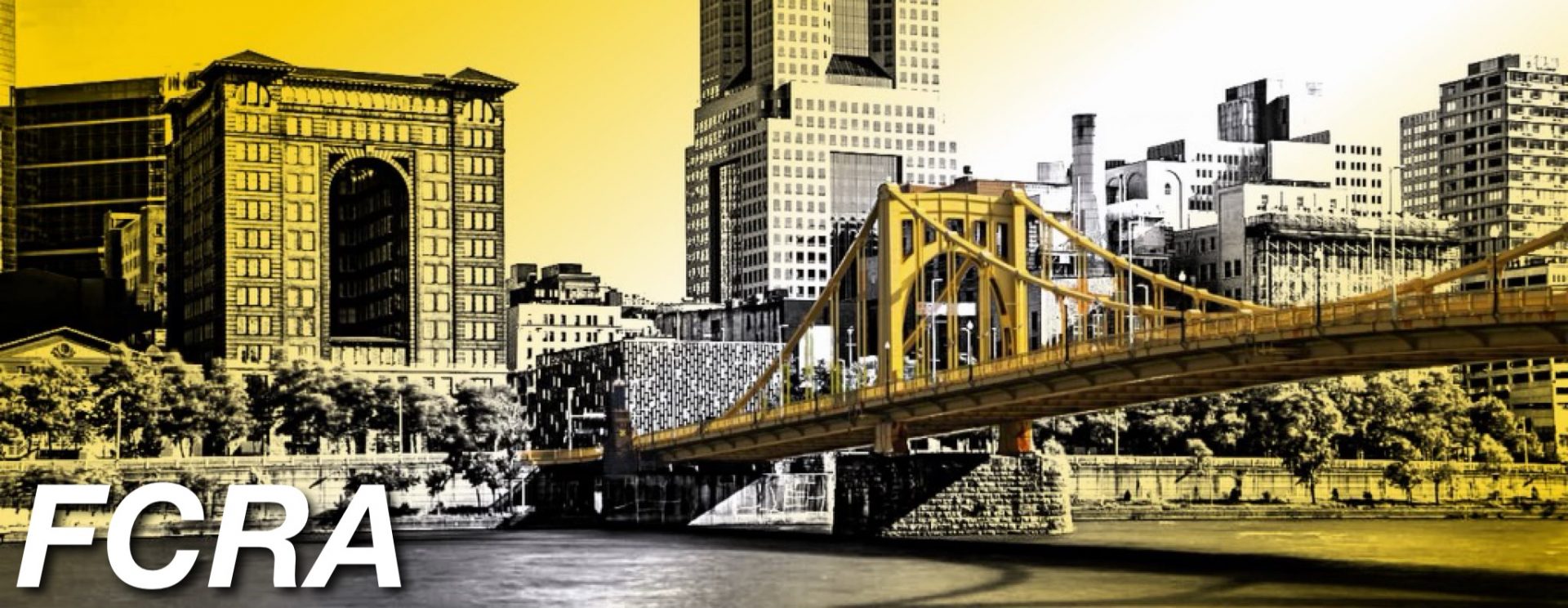Fair Credit Reporting Act
If you believe you have a valid dispute concerning an issue with your credit report, we can help. We typically handle these cases at no cost to you. The Fair Credit Reporting Act, or FCRA, is a federal statute that was enacted by Congress to address credit report issues. Congress has recognized that the FCRA promotes accuracy, fairness, and privacy of information in the files of consumer reporting agencies. Typically when consumers think of credit reports, they only think of the big three, Transunion, Equifax and Experian. There are many types of consumer reporting agencies, including background employment and specialty agencies (such as agencies that sell information about check writing histories, medical records, and rental history records).
The FCRA would require the credit reporting agency to pay you your damages and your attorney fees or if the case is settled the fees are collected from the settlement amount. This is how we can handle these cases at no out of pocket costs to you. It is important to note that we only would handle a case that the consumer has a valid dispute. If you are trying to remove a valid trade line, the FCRA won’t help.
The furnisher is the company that reports to the credit bureau information, including information about payments on the accounts. Examples of furnishers include banks, thrifts, credit unions, savings and loan institutions, mortgage lenders, credit card issuers, collection agencies, retail installment lenders, and auto finance lenders. The trade line is the particular account listed on a credit report. Each separate account is a different trade line. Trade-line information is provided by a lender or financial institution to a credit-reporting bureau or more likely multiple bureaus.
Some common issues that we see are called “mixed files”. A mixed file is when someone else’s information is being reported on your credit report. We typically don’t hear about good accounts being mixed on your credit report, although that sometimes can be a problem. We most often hear when bad accounts are being shown on your credit report.
We also handle credit report issues when false information is being reported, such as you allegedly owing money to a company when you don’t actually owe any money or a different amount may be owed.
In a nutshell, the FCRA requires you to notify the credit reporting agency of your dispute and provide sufficient documentation to them why you are right and the furnisher is wrong. Once you give that information to the credit reporting agency, it will contact the furnisher and ask for a response. At this point most errors should be corrected, but if not then you should contact us and ask for a review of your case.
We will ask to see a copy of the credit report and a copy of any response from the credit reporting agency. We will also ask to see what dispute information you sent to the credit reporting agency.
Credit reporting agencies are required to provide one free copy of your credit report each 12 months. For the big three, you can visit www.annualcreditreport.com. This is the site that we recommend to our clients. Make sure you save copies of every credit report, you might be able to print to pdf and save a pdf copy on your computer. If you suffer from a mixed file, you might not answer the security questions correctly. This is a common problem, you will need to request your copy via US Mail. Be prepared to provide copies of the necessary documents to prove you are the correct person requesting your credit report.
For other credit reporting agencies you should write or visit their website to learn how to request your credit report.
The FCRA addresses who can pull your credit report. Typically they must have an enumerated reason to pull your report. If you believe that someone pulled your report without authorization you would be entitled to money damages. All credit reports show who pulled the report and for what reason.
For any FCRA credit report questions, call our office at 412-348-8600 and ask for Attorney Greg Artim.

